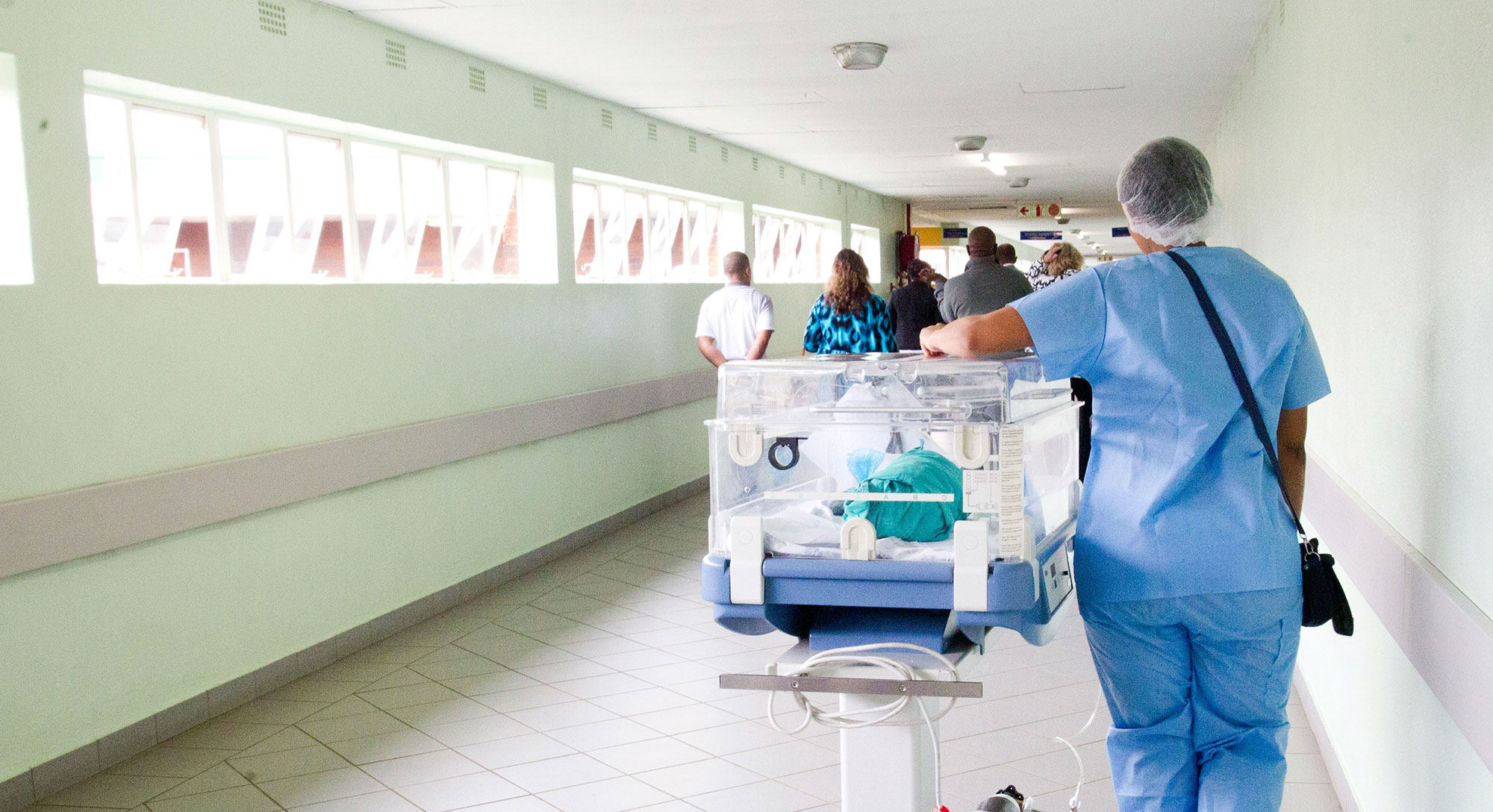
Global health and wellbeing
More than disease and illness
In the face of these global challenges, wellbeing requires more than an absence of disease and illness, occurring when people feel positive and are able to meet their full potential.
We understand wellbeing to be a wide-ranging concept that is deployed from multiple disciplinary perspectives. At a minimum, it encompasses protection from abuse and neglect, participation in everyday life, and appreciation of personal dignity.
Our research on global health and wellbeing assesses the socio-economic, environmental and political determinants of health inequalities and wellbeing globally.
Recognising that good health and wellbeing is a fundamental human right for everyone regardless of race, religion, or social and economic conditions, we seek to develop approaches to enhancing health and wellbeing equity that acknowledge the specific context, but also explore how knowledge and best practices can be exchanged across borders for a healthier global population.

